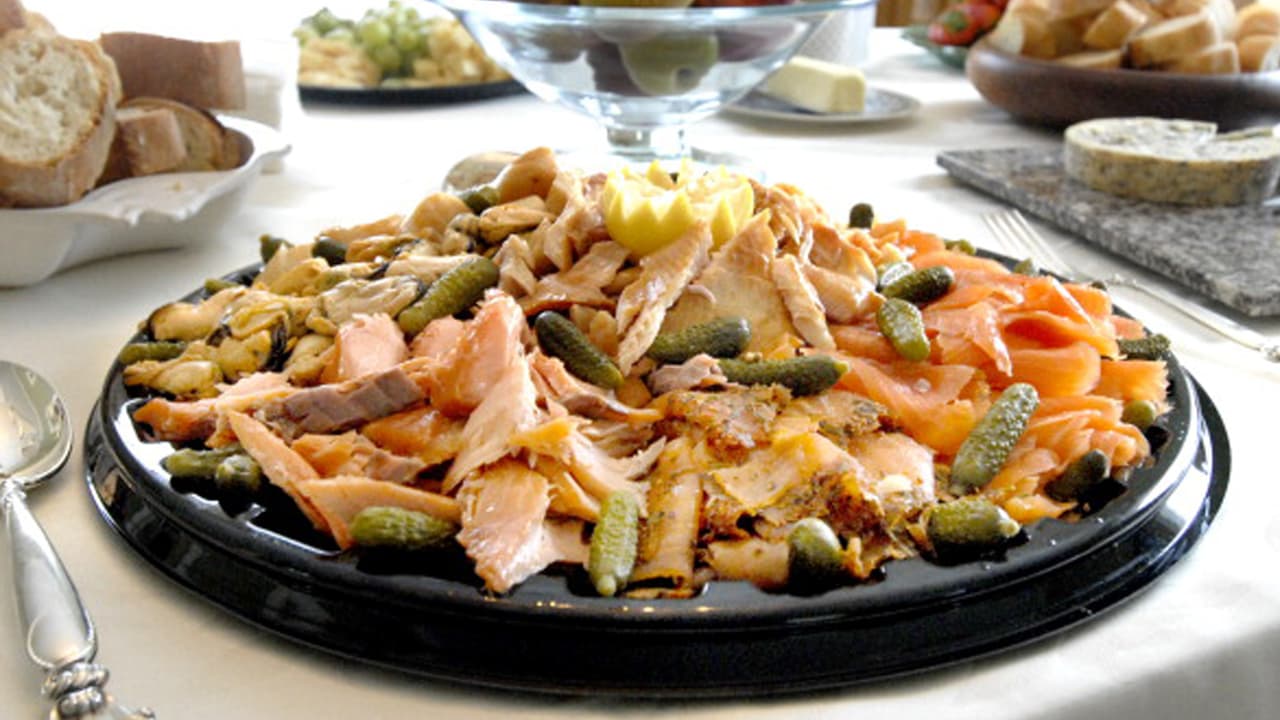New research shows that by adding seafood to their diets, couples could get their 'sex lives' and fertility back in the swim of things.
New research shows that by adding seafood to their diets, couples could get their 'sex lives' and fertility back in the swim of things.

"Our study suggests seafood can have many reproductive benefits, including shorter time to pregnancy and more frequent sexual activity," said study author Audrey Gaskins, from the Harvard T.H. Chan School of Public Health in Boston.
After a year of the study, researchers could not prove the cause and the effect. However, they did find that the couples who ate more fish each week were more likely to conceive children.
The U.S. National Institutes of Health funded this new research. For the study, Harvard researchers recorded the outcomes of 500 couple in Michigan and Texas for one year. All the couples were trying for a pregnancy. They kept a record of the amount of seafood that they ate and kept daily journals of their sexual activity.
The findings showed that couples who ate seafood more than twice a week had sex more often- an average of 22 percent more than the couple who consumed less fish. The findings also showed that 92 percent of the couples who ate seafood more than twice a week were expecting a baby by the end of the study, compared to the 79 percent of the couples who ate less amount of seafood.
The researchers noted this link between seafood intake and pregnancy and concluded that this couldn't be justified solely by more frequent sex the couples were having. That suggests that seafood intake might affect semen quality, ovulation or embryo quality.
Author Audrey Gaskins also said that their results stress not only the importance of female but also the male diet on the time of pregnancy and suggested that both partners should be incorporating more seafood into their diet for the maximum fertility benefit.
Dr Tomer Singer who directs reproductive endocrinology and infertility at Lenox Hill Hospital in New York City, said "What is sure, is that this study will help encourage couples who are avoiding seafood due to fear of high mercury to consume seafood two to three times a week, as most seafood in the U.S. has low mercury levels."
Fish is rich in protein and other nutrients that are beneficial for pregnant women and those trying to conceive, but many expectant mothers limit their intake due to fears about mercury exposure.
